
Deputy Head of the Department of Education , Central Propaganda and Mass Mobilization Commission Le Thi Mai Hoa reports on promoting the potential of AI to make breakthroughs in education and training in Vietnam - Photo: THANH HIEP
On the morning of October 25, the Central Propaganda and Mass Mobilization Commission coordinated with Saigon Giai Phong newspaper to organize a discussion on 'Promoting AI application in education and training - Benefits and challenges'. Here, experts and educators proposed many solutions.
Building an AI education framework
Speaking at the seminar, Prof. Dr. Le Anh Vinh - Director of the Vietnam Institute of Educational Sciences - said that the Ministry of Education and Training is currently building an artificial intelligence (AI) education program framework for students from grades 1 to 12.
At the end of 2024, the Vietnam Institute of Educational Sciences conducted a survey on the readiness of Vietnamese students for AI. The results were as follows: more than 87% of secondary school students have knowledge of AI. However, only 17% of students apply AI very effectively, 50% of students apply effectively, and the remaining more than 30% feel normal or ineffective.
In addition, students also face a number of difficulties such as lack of knowledge and skills about AI; lack of equipment and technology; lack of guidance from teachers...
For teachers, the survey results show that 76% of teachers said they have used AI in teaching. In particular, there is a worrying rate of 30.95% of teachers who are uncertain about the effectiveness of use; more than 20% of teachers are not confident when applying AI in education.
From there, Professor Le Anh Vinh proposed: "The implementation of AI in general education needs to be based on three main pillars: a consistent policy framework (ensuring ethical requirements, data security and long-term orientation); comprehensive and flexible curriculum and learning materials; human and financial resources.
In particular, policies need to prioritize building an AI competency framework for students and teachers; guiding the application of AI in teaching and investing in digital infrastructure to narrow regional gaps."
In addition, Prof. Dr. Hoang Van Kiem - Senior IT Advisor of Saigon International University, former Principal of the University of Information Technology (Ho Chi Minh City National University) - also informed: "Currently, many countries in the world have deployed AI applications in education, but some countries have failed due to lack of adequate preparation. Therefore, bringing AI into education in Vietnam requires preparation and testing."
Strengthen training and development of teaching staff
At the discussion, Dr. Le Thi Mai Hoa - Deputy Director of the Department of Education, Central Propaganda and Mass Mobilization Commission - made six recommendations, including the need to promote training and fostering of teachers in digital skills and ethics in using AI.
"According to a report by the Organization for Economic Cooperation and Development (OECD, 2024), about 64% of teachers in member countries said they were not prepared to integrate AI in teaching. For Vietnam, this is especially important because the teaching staff is identified as the pioneering force of innovation and transformation into practical action in the classroom.
Teacher training should not only focus on technological skills but also on the ability to assess, orient and ensure school safety in the digital environment, associated with professional ethics. It is especially necessary to clearly distinguish between pedagogical training and teacher training, because these are two strategic processes that are fundamentally different and complementary" - Dr. Le Thi Mai Hoa expressed her opinion.
Ms. Hoa further analyzed: "Current practice still reveals bottlenecks in the training and development of teachers, lecturers, and educational administrators. Most activities related to AI mainly focus on short-term training and coaching without any strategic investment in systematic pedagogical training, reducing the ability to form a team of teachers who are both talented and specialized."
Meanwhile, Ms. Pham Thi Be Hien - principal of Le Hong Phong High School for the Gifted (Cho Quan Ward, Ho Chi Minh City) - informed at the seminar that the school has been teaching AI to students for the past seven years.
In the first phase, the school organized two levels: general for grade 10 students and advanced for grade 11 and 12 students who love AI research. After a period of time, the school re-evaluated the level, needs, capacity of students and digital technology trends and then adjusted the teaching into three levels: general; advanced - medium level application; and advanced - in-depth research for students aiming to study AI at university level.
The principal of Le Hong Phong High School for the Gifted pointed out the advantages and difficulties in teaching AI: "Students at specialized schools have a good foundation and capacity, so they can easily access new knowledge. Most of them are good at foreign languages, so it is also convenient to study more foreign documents about AI.
However, the difficulty for high schools is that they do not have a source of teachers trained to teach AI, so we have to contract with AI experts to teach as the main teachers and AI engineers to assist in teaching.
Since then, school teachers have begun to learn, study, and research about AI. Some teachers of the school's information technology department have chosen AI and participated in guiding students in scientific research with AI applications in recent years," said Ms. Hien.
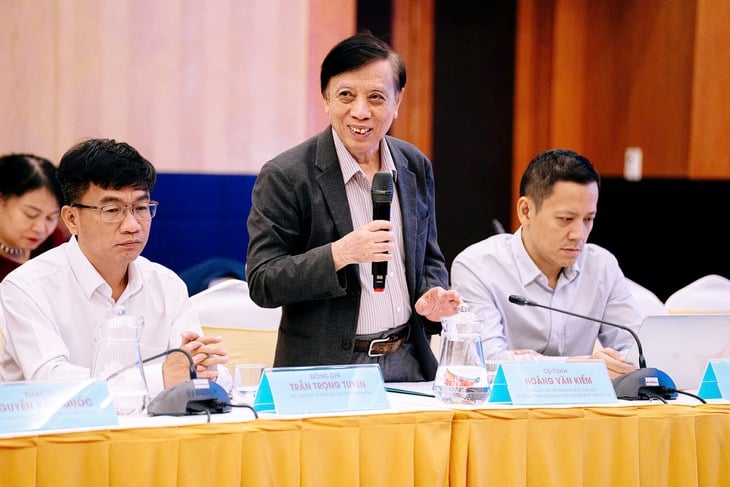
Former Principal of the University of Information Technology - VNU-HCM Hoang Van Kiem spoke at the seminar - Photo: THANH HIEP
Can be deployed in 3 phases
According to Professor Hoang Van Kiem, AI can be deployed for general education in three stages:
Phase 1 is familiarization - discovery (primary school): giving students gentle exposure through games, images, and fun learning applications with AI elements. The goal is to help them develop technological thinking and creative curiosity.
Phase 2: Basic understanding and application (Middle school), students begin to understand how AI works, learn how to ask questions, analyze simple data, and apply AI to learn other subjects.
Phase 3: Creative thinking - responsible use (High School), students learn how to collaborate with AI to solve problems, do small research projects, and at the same time practice ethics, responsibility and personal qualities in using technology.
5 solutions to promote AI application
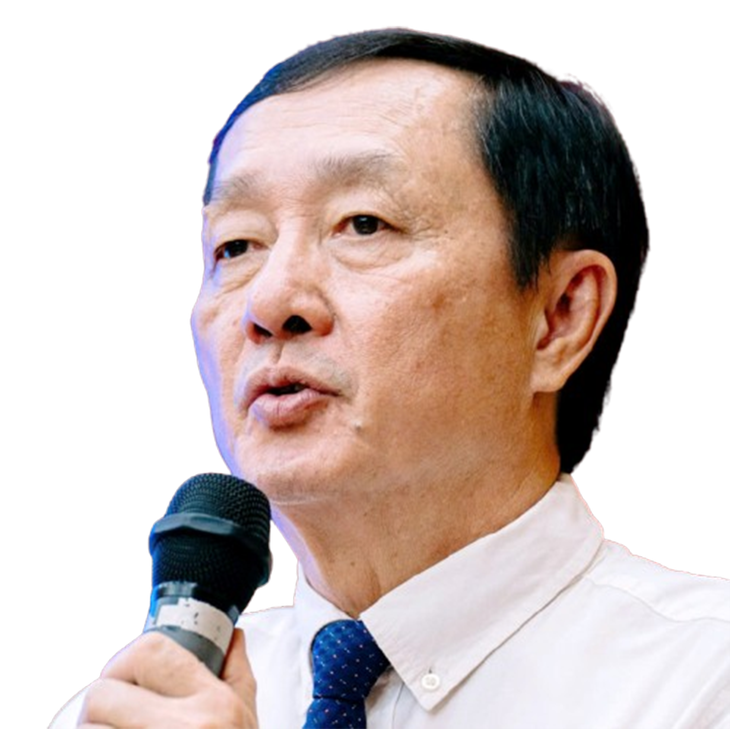
At the seminar, Mr. Huynh Thanh Dat - Member of the Party Central Committee, Deputy Head of the Central Propaganda and Mass Mobilization Commission - summarized five solutions to promote the application of AI in education and training.
Firstly, Mr. Dat suggested that the Ministry of Education and Training and the Ministry of Science and Technology soon advise the Government to issue documents guiding the implementation of AI strategies in education; especially the AI ethics framework in schools and AI programs and documents for high schools.
The second is to propose that the Government and ministries build a Digital Transformation Fund in University Education - a strategic investment fund with breakthrough mechanisms and policies to attract socialized resources, encourage businesses to invest in digital infrastructure and AI solutions in education and training.
Third, it is recommended that universities and training institutions be proactive and pioneers in innovation. It is necessary to learn from successful models, such as proactively establishing autonomous digital transformation institutes and technological autonomy as Ho Chi Minh City University of Industry and Trade has done, instead of passively depending on external solutions.
Besides, Mr. Dat called on the business community to change their mindset, moving from the role of a passive "employer" to the position of a "co-creator" of human resources.
Finally, Mr. Dat suggested that news agencies and newspapers continue their mission of propaganda, raising awareness of both the benefits and challenges of AI, creating social consensus and a proactive mindset, ready to integrate for the people.
Source: https://tuoitre.vn/ung-dung-ai-trong-day-hoc-ra-sao-ky-cuoi-de-xuat-nhieu-giai-phap-20251026082041227.htm


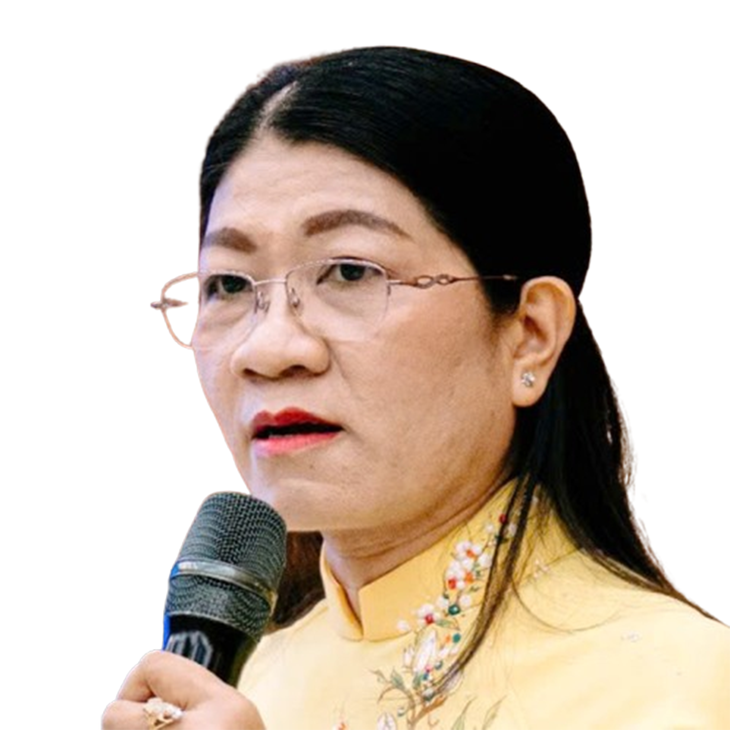






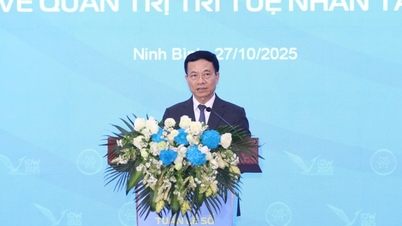

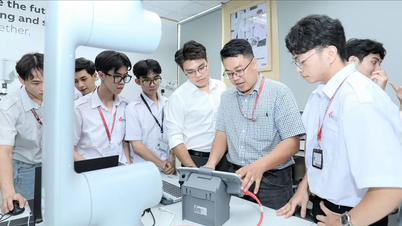

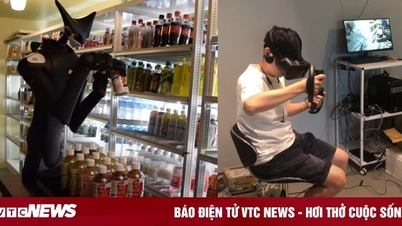


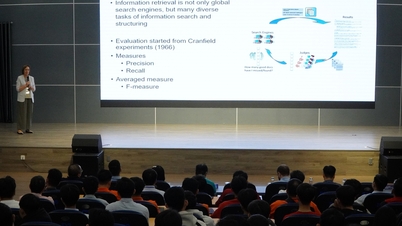

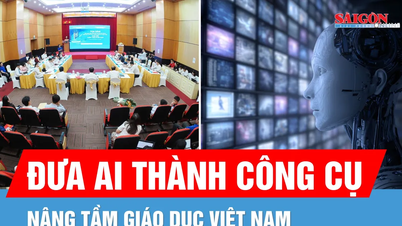
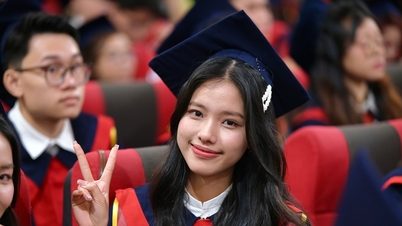

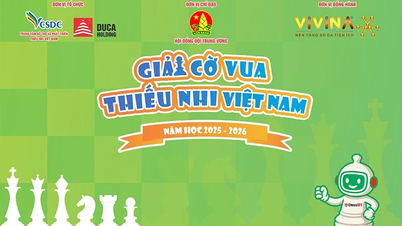

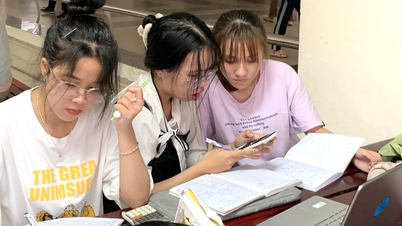
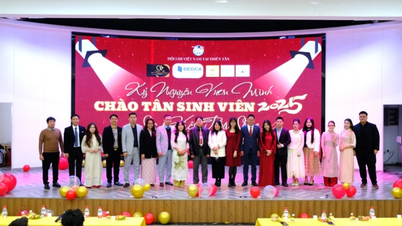
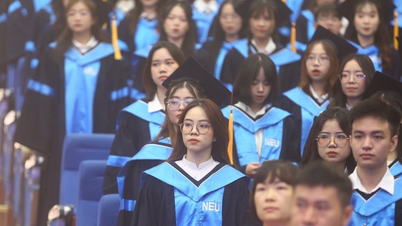








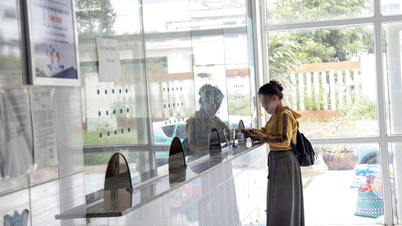













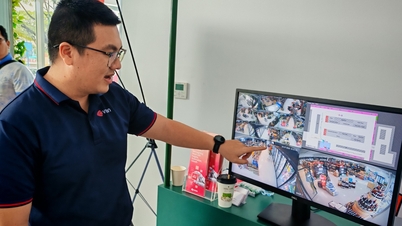





















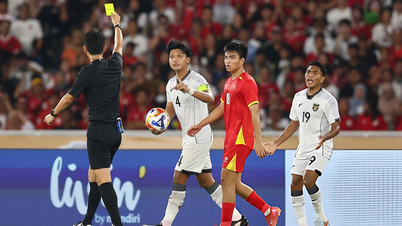












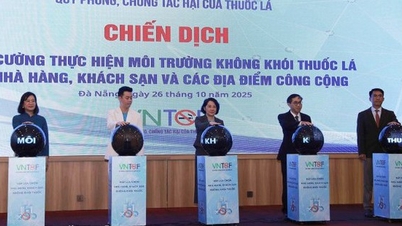

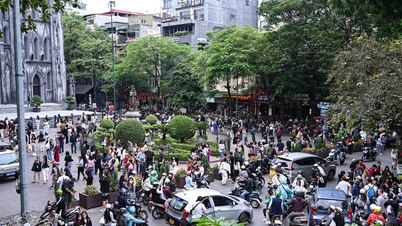




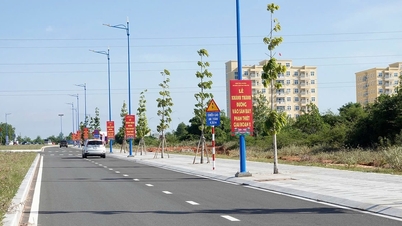













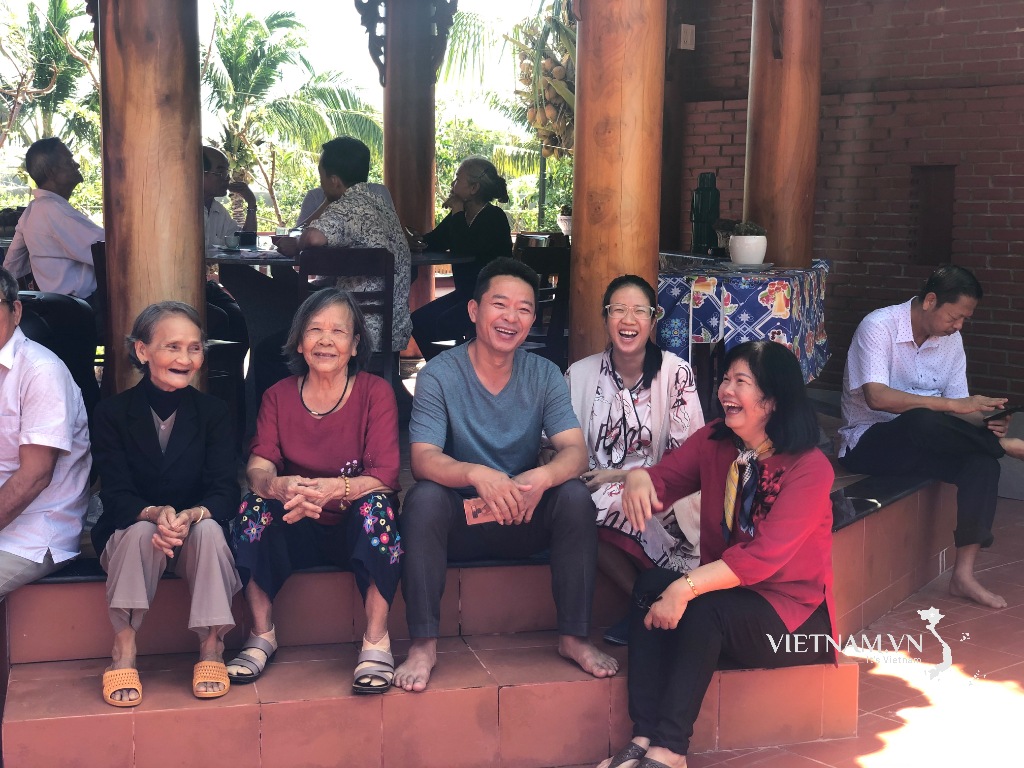



Comment (0)